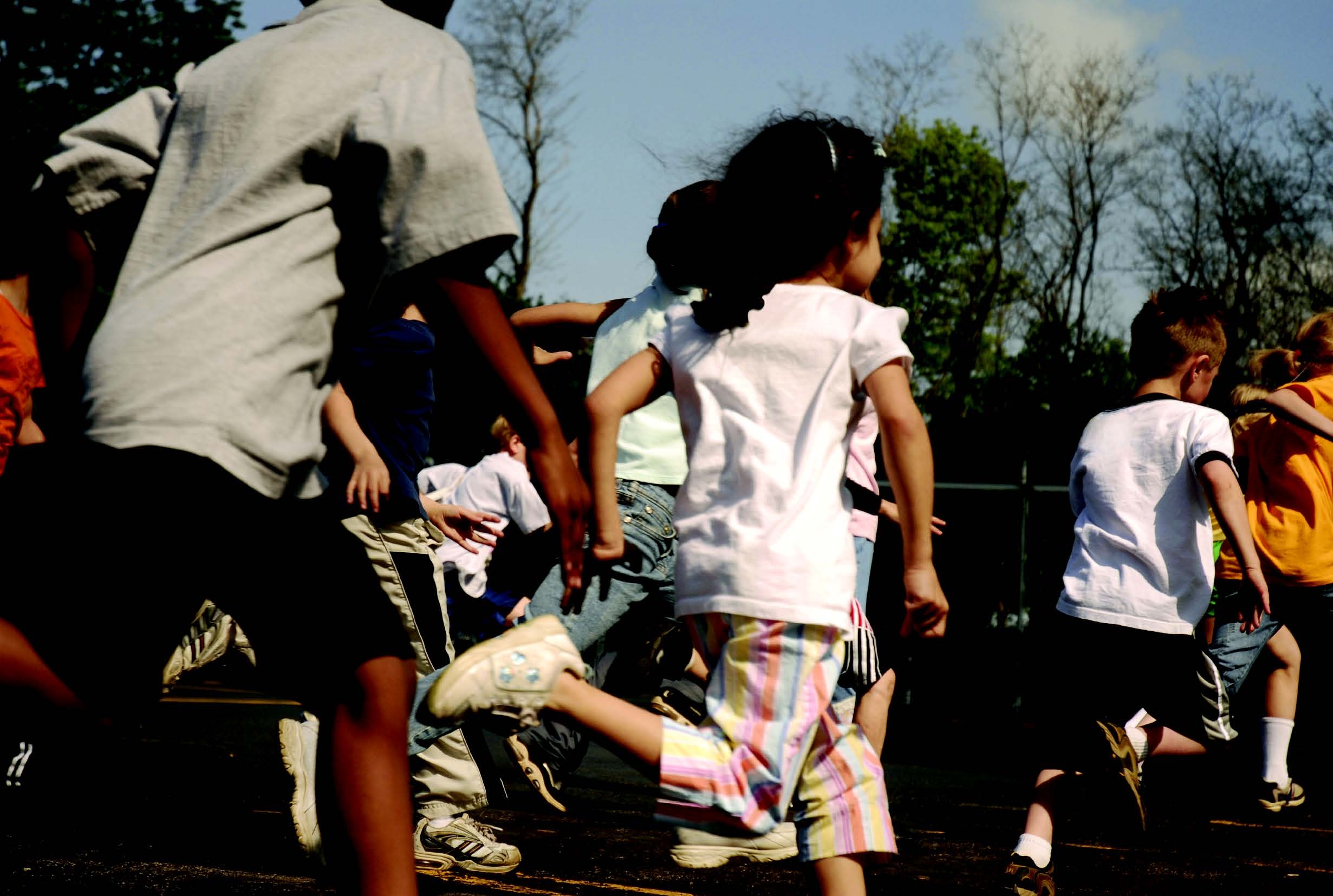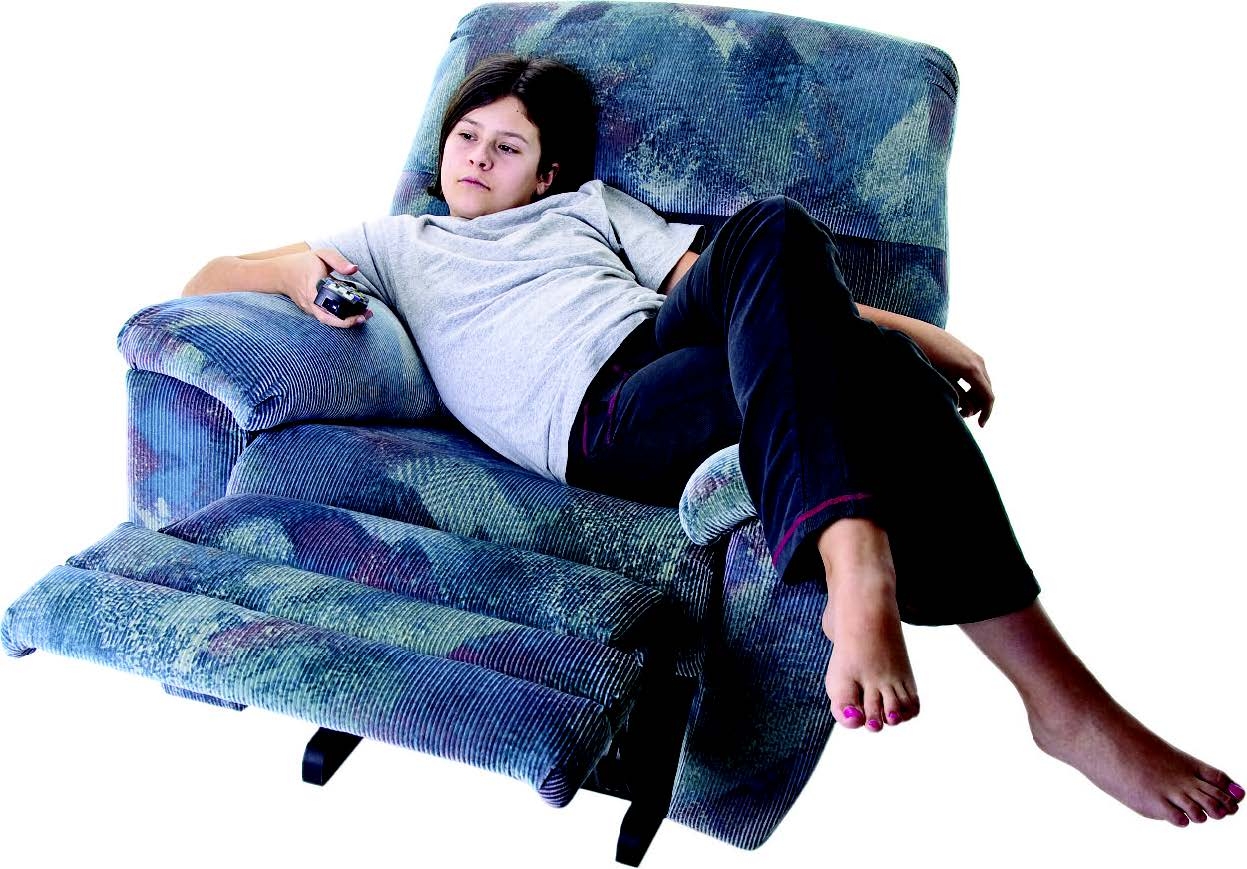
It is positive that the government has progressed several of it’s key recommendations from it’s 2016 publication ‘Childhood obesity: a plan for action’. The Soft Drinks Industry Levy (SDIL) following the 2017 Finance Act, will double the money available for primary school sport. Yet so much more can be done to help children get active.
The government has only committed to fund physical education and school sport from the levy until the end of the spending review 2019/20. If government commits to this funding to cover the lifetime of this Parliament, this would make sure that as many children as possible get active.
The Healthy Pupils Capital Programme (HPCP) must be protected
The HPCP will boost funding for after school sports clubs
and encourage healthy eating. Yet HPCP funding was cut by
75 per cent this year from £415m to £100m – despite government promising that funding would not fall below £415m irrespective of the amount generated by SDIL. If we are to truly solve the problem of childhood obesity, cutting funding intended to boost healthy lifestyles and school sport shouldn’t be an option.
The PE Sport Premium (PESP) should be delivered more effectively
Department for Education spending guidelines for the PE Sport Premium (PESP) is an opportunity to reshape sport
and PE in schools and help tackle rising childhood obesity. However, the recently updated recommendations offer little concrete advice to schools on how to utilise the premium.
To deliver the PESP effectively, sharing good practice and offering support to headteachers and governors will help schools make the right decisions.


Building on the fantastic work that already exists
Additional government support needn’t require huge resources and could build on the fantastic work that already exists in the sector. Government should take advantage of this and issue robust guidelines which could deliver wider, generational change and help get children active for life
A range of organisations offer support and advice to schools: Sport & Recreation Alliance members, the Youth Sport Trust’s self-review tool kit for schools and UK Coaching's
‘coaching in primary schools’ toolkit. Those organisations have also worked with the Association for Physical Education, the County Sports Partnership Network and Sport England to provide more resources to support effective use of the premium.
Pushing for change
The Alliance will be pushing government to embed physical activity into children’s daily routines. Reshaping the nation won’t be easy, but with government’s and parliamentarians’ support, we can promote the mindset needed to achieve this transformational change and make sure that all children lead active and healthy lives.